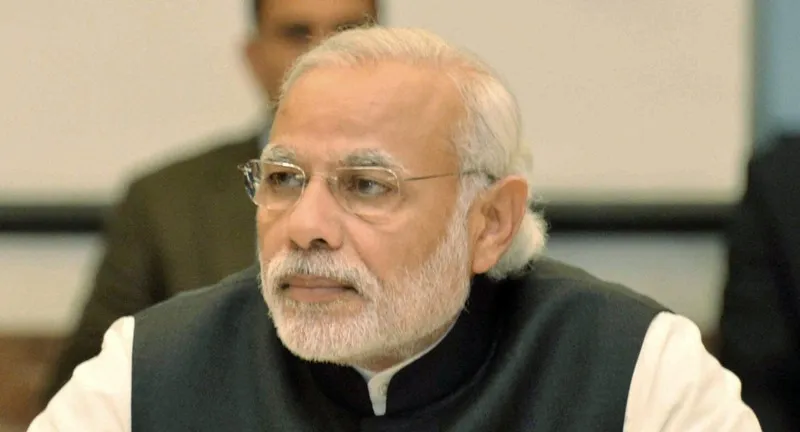In search of options against Pakistan after this month’s Uri terror attack, India is pressuring Islamabad on multiple fronts. Militarily, India < class="aBn" tabindex="0" data-term="goog_1177467324">< class="aQJ">on Thursday launched "surgical strikes" on bases along the Line of Control with Pakistan, resulting in what Indian officials call significant casualties "to the terrorists and those who are trying to support them." Politically, New Delhi is reviewing its stand on most-favored-nation trade status and the Indus Waters Treaty. And diplomatically it is seeking Pakistan’s global and regional isolation.
The already moribund South Asian Association for Regional Cooperation (SAARC) has come in handy in the diplomatic realm. "In the prevailing circumstances," India announced this week, it is unable to participate in SAARC’s November summit in Islamabad. This unprecedented move found quick support from Afghanistan, Bangladesh and Bhutan, which caused the summit’s suspension by following India in pulling out. Nepal, the present chair of SAARC, also issued a stern rebuke to Islamabad.
Pakistan has always been paranoid about SAARC and regional integration. It refuses to grant India the preferential trade status it received from New Delhi in 1996, and it backtracked this year from supporting the trans-South Asian road connectivity project, saying it needed more time to consider the project’s implications. With that it managed to scuttle a pact that would have allowed the free movement of passenger and cargo vehicles across SAARC nations.
After an earlier Pakistani refusal to endorse the road project at the SAARC summit in Kathmandu in 2014, Bangladesh, Bhutan, India and Nepal decided to move ahead on their own. Last year those four states signed a landmark Motor Vehicles Agreement for the regulation of passenger, personnel and cargo vehicular traffic.
The agreement is expected to facilitate a seamless movement of people and goods across their borders and galvanise economic development in South Asia at large. It opens up the possibility of turning border roads into economic corridors that could increase inter-regional trade by 60%.
A broader SAARC agreement would have allowed the free movement of vehicles (cargo and passenger) across countries through a system of authorised operators. When Pakistan’s obstructionism led India to turn to its eastern neighbors, they finalised the framework of their new agreement at a meeting of the South Asia Subregional Economic Cooperation organisation, which was founded in 2001 and includes Bangladesh, Bhutan, India, the Maldives, Nepal and Sri Lanka. Pakistan isn’t part of that group.
India is now pursuing a similar framework with Burma and Thailand to gain access to the larger Southeast Asian market through seamless passenger and cargo movement. India also signed an agreement with Bangladesh last year to implement a pact on coastal shipping that aims to boost bilateral trade and bring down the transportation cost of export-import cargo. Meanwhile, New Delhi is working on a 3200-kilometer road link from Moreh, in northeast India along the border with Burma, to Mae Sot, in western Thailand near Burma.
Amid all this is Pakistan, which for fear of India has continued to scuttle even those regional initiatives that seem anodyne and purely commercial. Its military-intelligence complex has monopolised the discourse to an extent where Islamabad sees no win-win situations. Its objective is to make sure that India doesn’t win, even if it means a loss for the entire region.
In that spirit, Pakistan has repeatedly blocked the use of its roads for trade between Afghanistan and India. This has resulted in growing ill will in Afghanistan toward Pakistan, even as Afghan relations with India continue to deepen. Allowing goods to go by land between India and Afghanistan would have opened up new possibilities for Pakistan’s transport sector, yet Islamabad still refuses. Every day that ordinary Afghans lose opportunities for easy, direct trade with India, Pakistan generates more resentment among them.
With Pakistan persisting this way, India is wise to emphasise the costs to Islamabad of its obstructionism. Pakistan cannot hold the future of the region hostage to its India paranoia. With India boycotting the next SAARC summit and other regional states following its lead, Pakistan’s chickens are coming home to roost.
This commentary originally appeared in The Wall Street Journal.
The views expressed above belong to the author(s). ORF research and analyses now available on Telegram! Click here to access our curated content — blogs, longforms and interviews.

